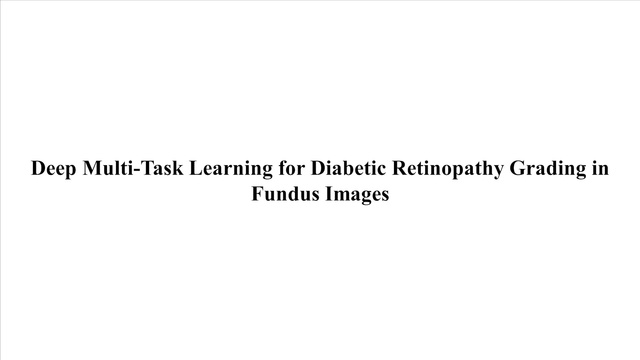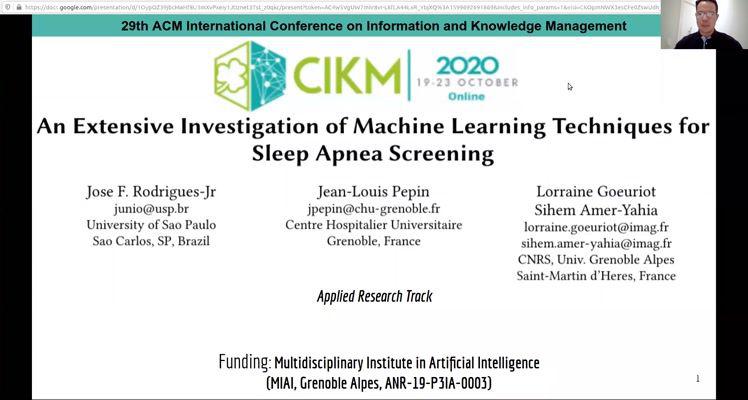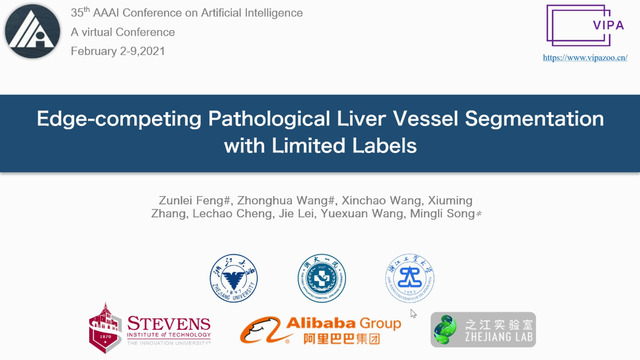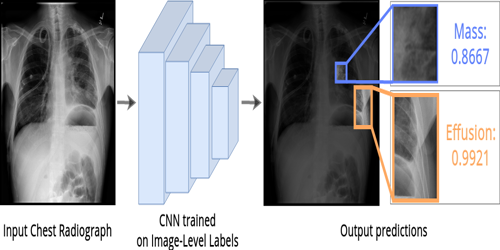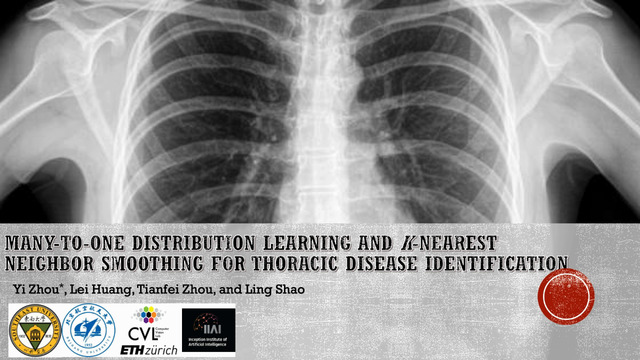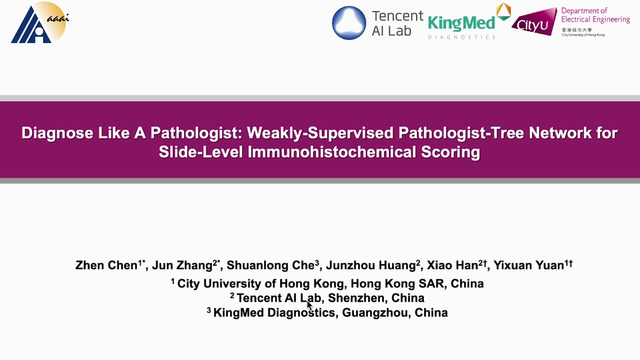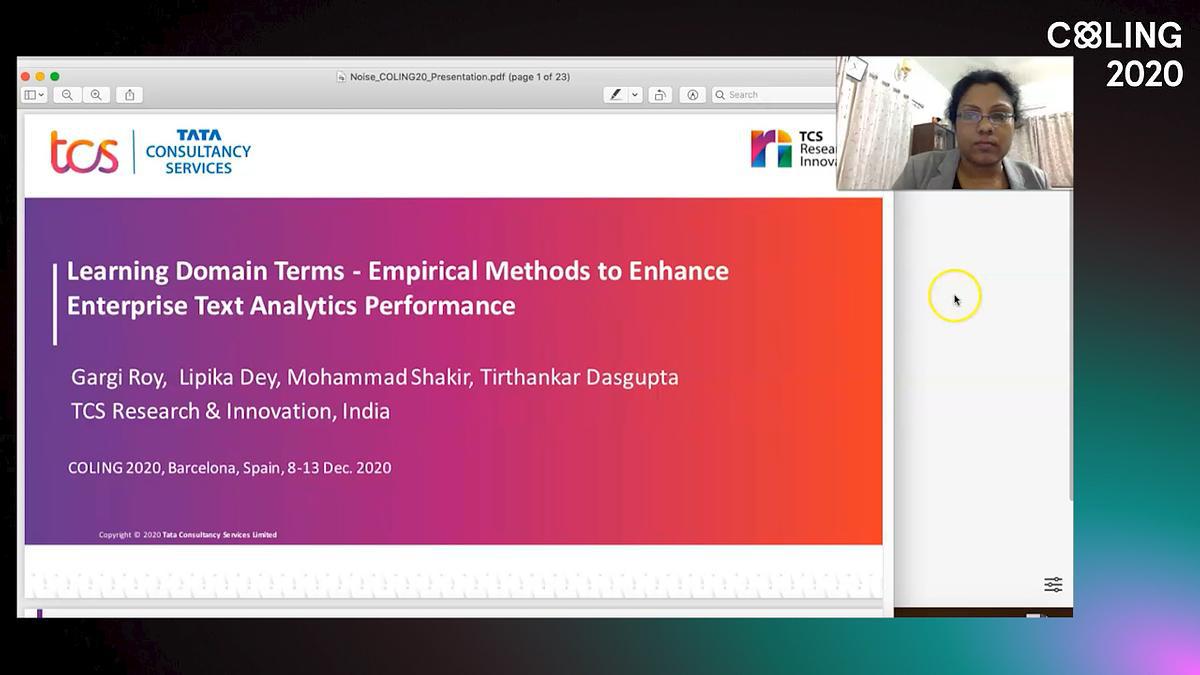Abstract:
Hepatocellular carcinoma (HCC) is one of the most common cancers with high mortality. In clinic, pathology grade assessment is laborious work with high divergence and misdiagnosis rate. Many computer-assisted grading methods were proposed to increase the objectivity of diagnosis and reduce workload. With massive accurate annotation, deep learning based methods have achieved promising results in tumor grading. However, annotating pathology images is very time-consuming and hard to be precise. The inevitable noises caused by manual annotation have been ignored by existing tumor grading methods, which leads to serious performance degradation. In this paper, we propose a Tendentious Noise-rectifying Framework (TNF) for HCC grading on pathology images with noisy annotations. A fundamental way to reduce the negative impact of those noisy data is finding and rectifying those noises. So, we devise a noise-rectifying loss to rectify those noisy labels with high confidence. The rectifying tendency is dynamically adjusted by the feature polymer that contains structural information of a large local area of pathology image. We collect 415 hepatocellular biopsy slides and crop 20,000 patches as the dataset. Exhaustive experiments on this dataset demonstrate that, with the noise-rectifying loss, TNF achieves state-of-the-art performance and finds out the carcinoma cells in the healthy area, which has significant meaning for the diagnosis of HCC.



